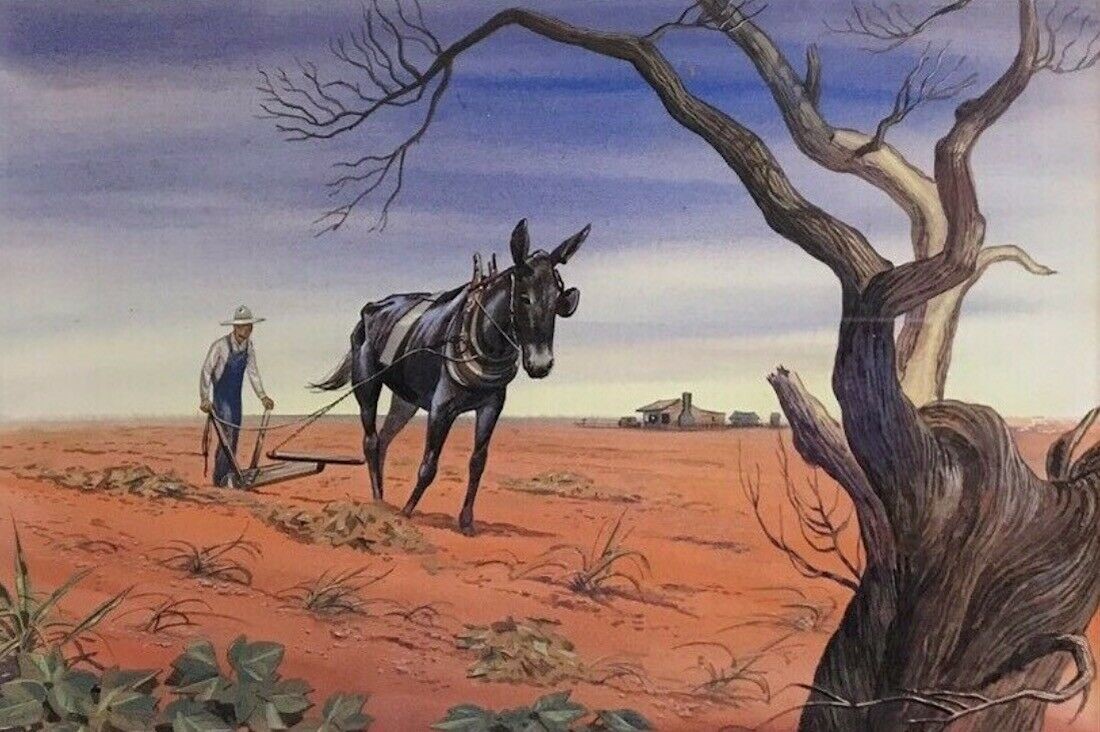There is a common misconception that Buddhism encourages people to adopt an austere attitude, and the fact that many Buddhists have a deep sense of humor is not widely known. Of course, comedy is subjective and what I call a joke may not appear as such to the general reader. In fact, my sense of humor has its roots in Switzerland and my two favorite jokes often provoke no reaction whatsoever to an international audience.
Here goes:
There are two guys on a boat.
One of them has a ponytail.
The other one doesn’t mind.
And:
There are three farmers on a bench. A cow walks by. After five minutes, the first farmer says, “That was Pierre’s cow.” Another five minutes go by, and the second farmer says, “No it wasn’t…it was Jean’s cow.” Ten minutes go by and the third farmer turns to the two others: “Well, I’m out of here. I can’t stand arguments.”
Hopefully a couple of people got a laugh out of that, but if not I will not be offended—I am well aware that these are not the wittiest jokes. But for some reason they are the only ones I ever remember well enough to tell. They are also, unlike many jokes, relatively inoffensive, even as they poke fun of societal conventions. Switzerland is known for its so-called neutrality, and its people are known for their willingness to follow rules and protocols for the general betterment of society. Yet, in these jokes, we have a couple of people gone rogue: one man wears his hair long (and the other doesn’t even care!), and a farmer disagrees with another (over what we can probably all agree is a non-issue).
In the Early Canon, the Buddha also makes use of humor to point out the absurdities of Indian society. My favorite illustration of this is when Assalayana approaches the Buddha in a dilemma over the India caste system. Having discussed the issue with other Brahmans, he has been assured that the Buddha is a proponent of the purity of the four castes. Instead of giving him a simple yes or no answer, the Buddha leads him through a line of enquiry so that Assalayana may arrive to his own conclusions. Amidst this questioning, the following segment really stands out to my Swiss humor:
“What do you think, Assalayana? There is the case where a mare might mate with a donkey, and from their mating a foal would be born. Would the foal born from the mare & the donkey be like the father and like the mother? Should it be called a horse and a donkey?”
“Master Gotama, from the mixed breeding it would be a mule. Here I see that it [the mixed breeding] makes a difference, but there [in the other two cases] I don’t see that it makes a difference.” (Assalayana Sutta: MN 93)
Again, the reader can be the judge as to whether this is laugh out loud material. But when I first came across the text, it really had me giggling. And the more it sat with me, the wider my smile spread. Would intercourse between two people from different castes breed a whole new human species? As dumbfounded as he may be, even Assalayana knows that this is not the case. To skillfully and lightheartedly poke fun at the widespread prejudice of society—what a Buddhist joke!


